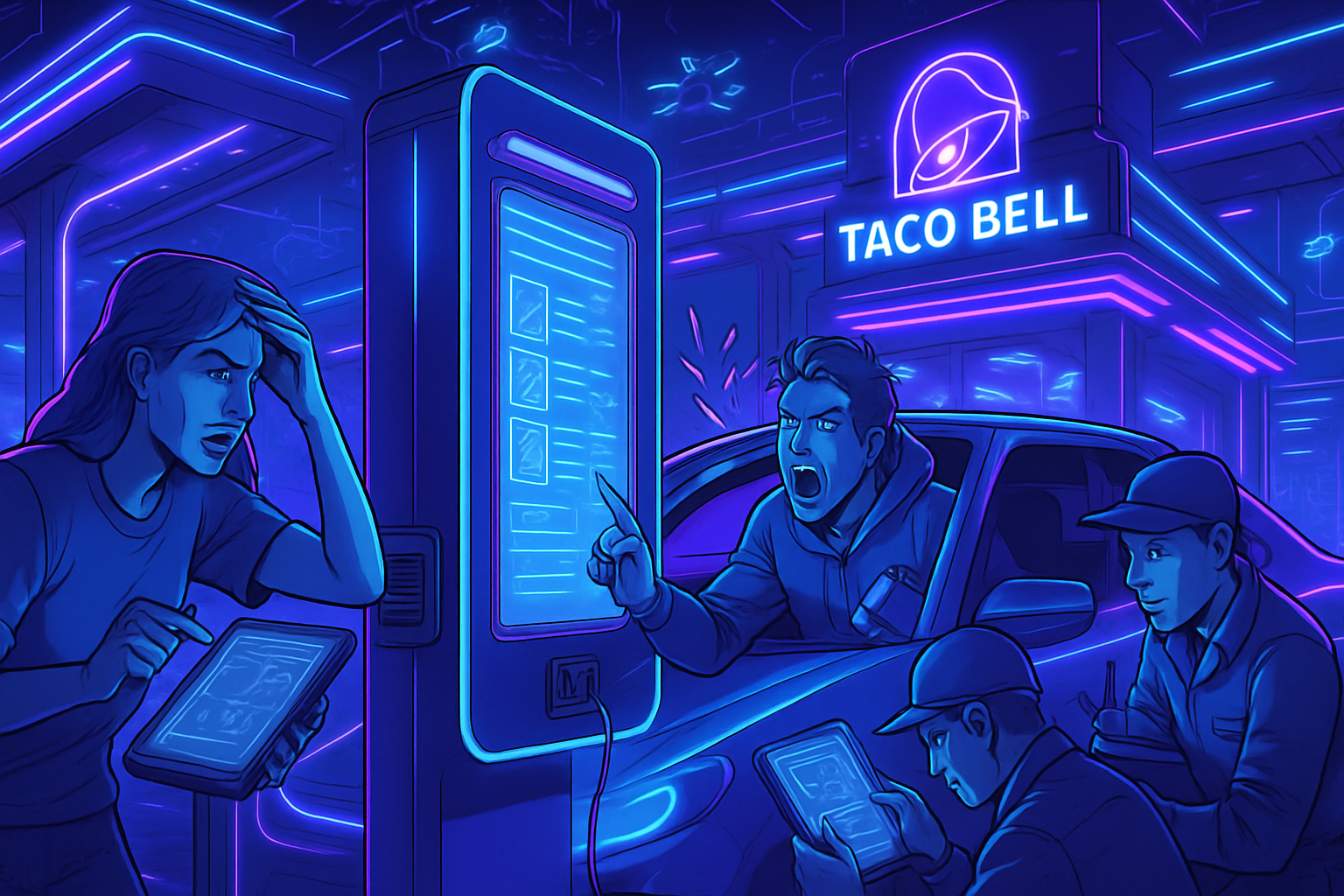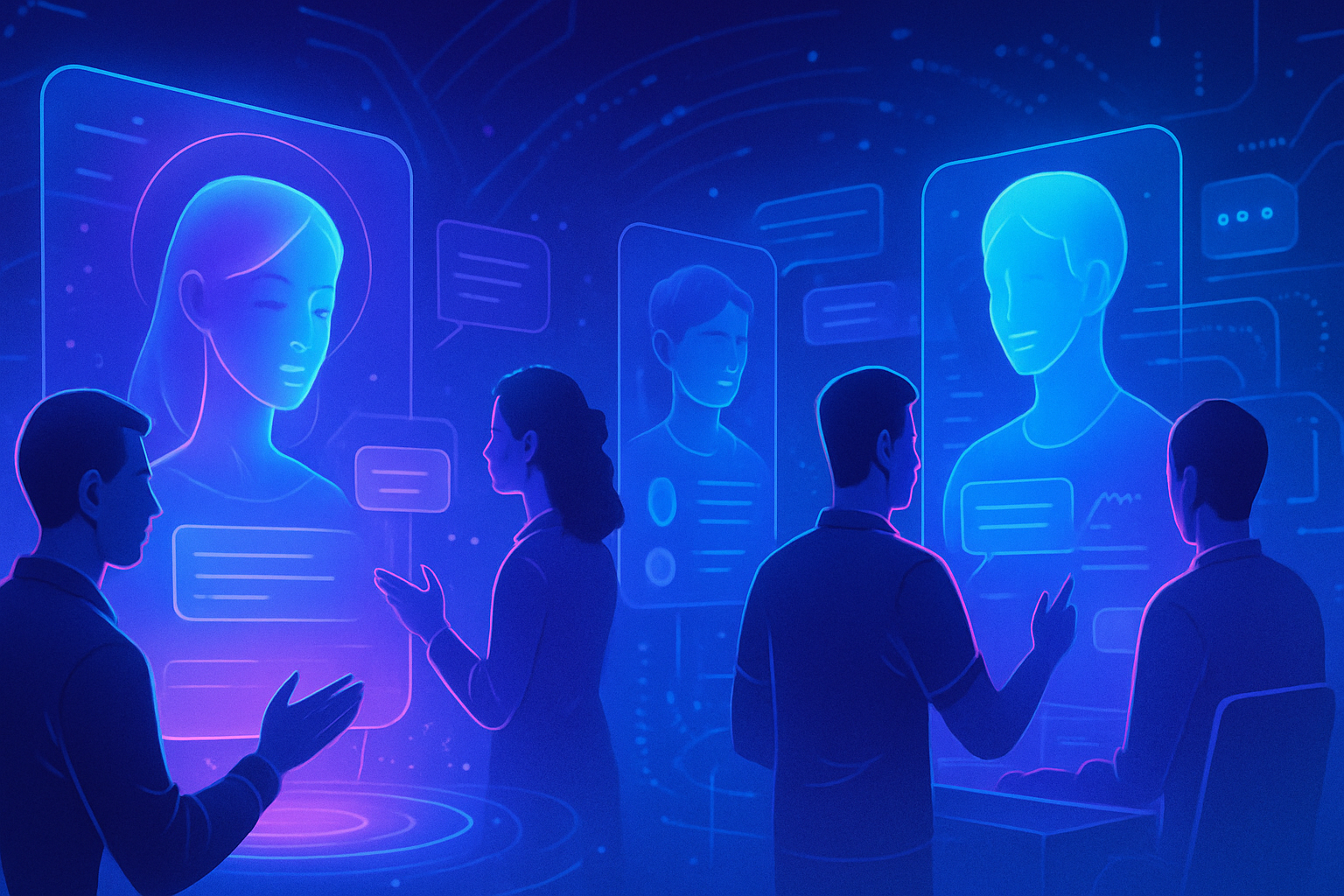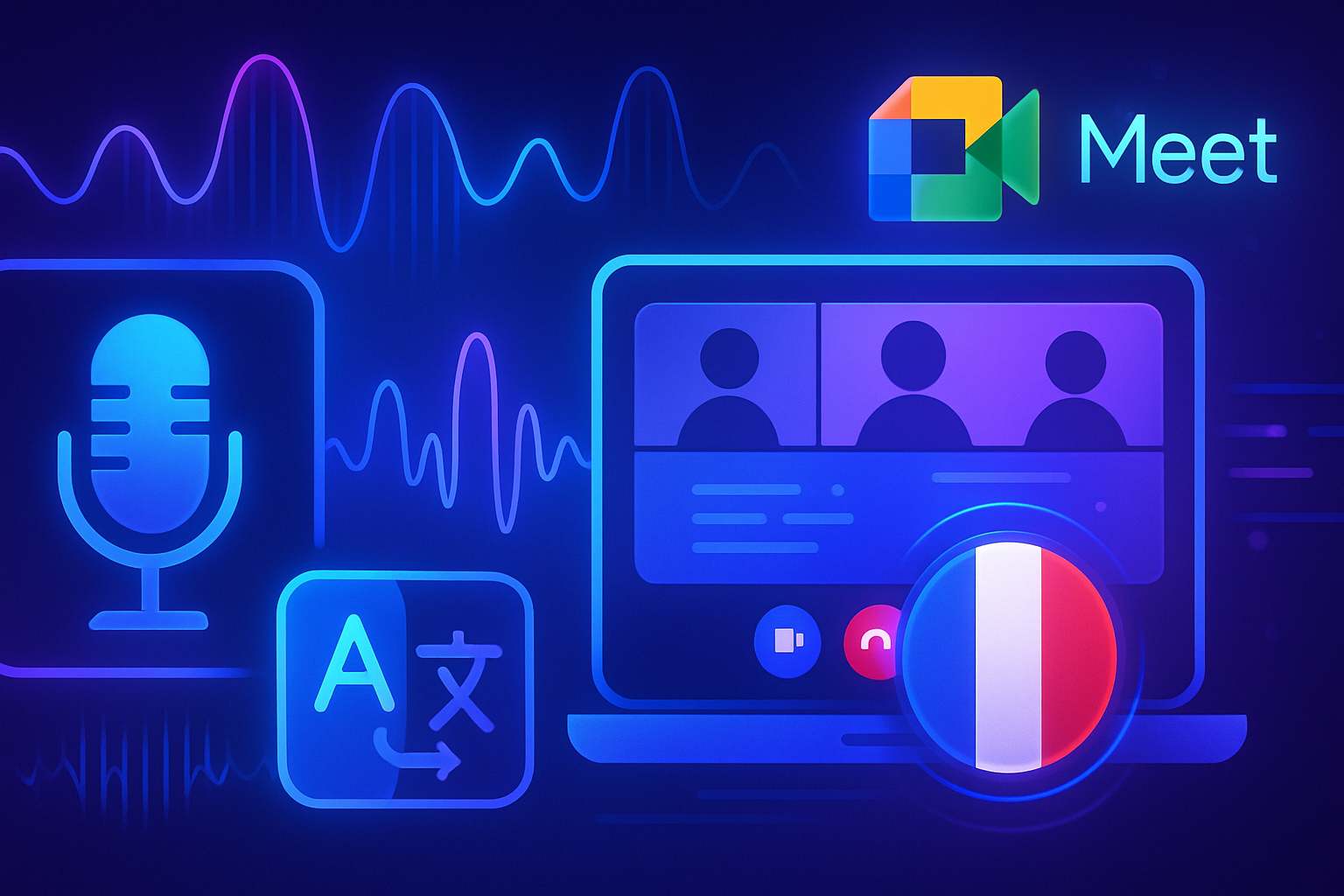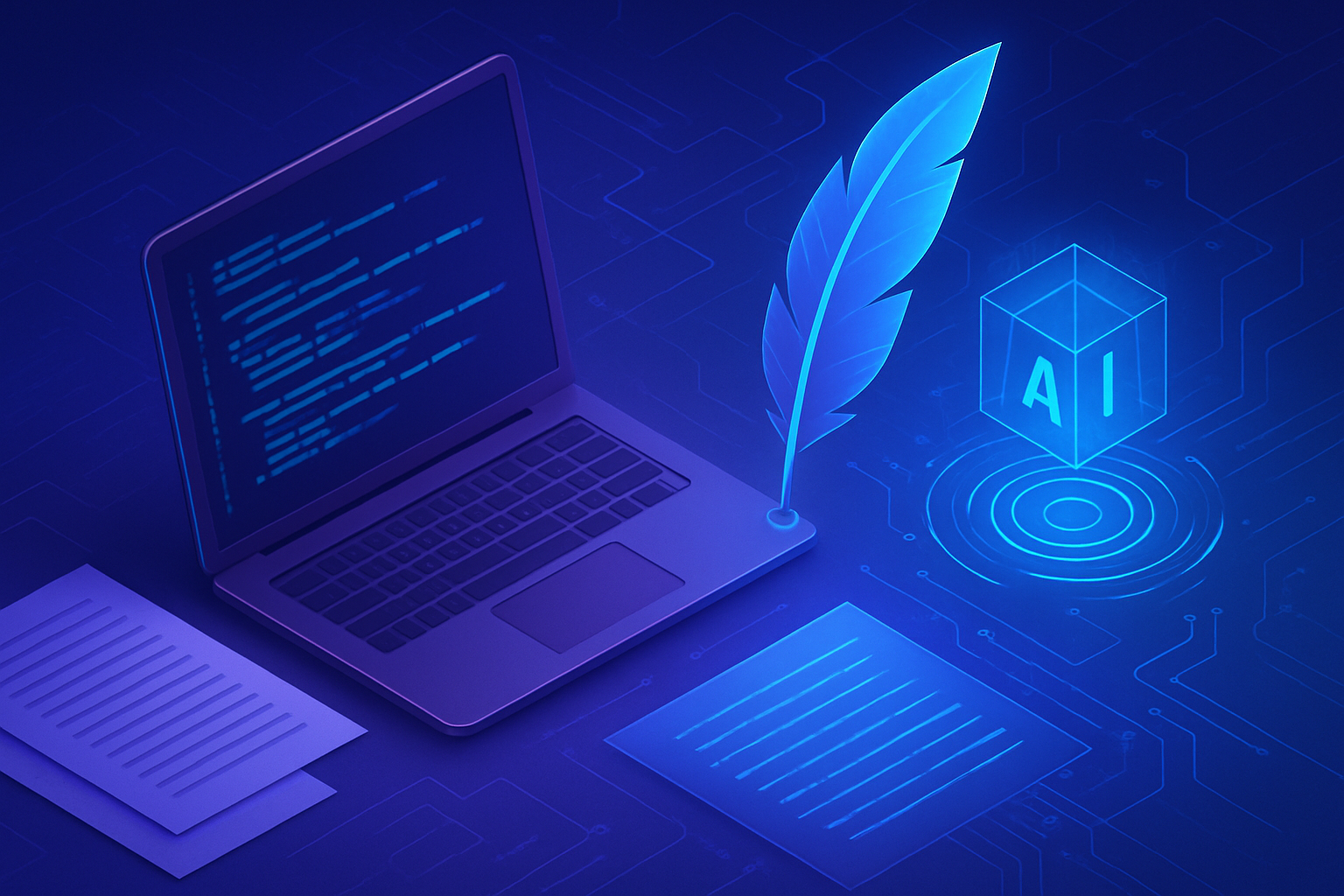ChatGPT: a valuable asset for students
Since its launch, ChatGPT has established itself as a favored tool among university students, particularly in Sydney. About 70% of Bac+3 students use this conversational robot as an effective study companion. Its ability to generate relevant texts and understand the context of requests promotes learning by providing precise information tailored to users’ needs.
The practical applications of ChatGPT
Students are rediscovering the art of studying thanks to this tool. ChatGPT allows for:
- Essay writing, where AI provides structured and enriched advice.
- Researching information on various topics, thus facilitating access to academic content.
- Text revision by suggesting grammatical and stylistic improvements.
- Developing practical skills, such as programming or artistic creation.
- Support in writing cover letters, essential for university applications.
- Interactive learning, where students ask questions and receive instant answers.
Responsibility of use
The benefits of ChatGPT are evident, but its use is not without limitations. Students must be aware of the ethical implications associated with using this technology. Plagiarizing someone else’s work or relying solely on AI for research could hinder their academic and personal development.
The challenges and limitations of ChatGPT
Despite its advantages, ChatGPT presents significant challenges. Its contextual understanding, while impressive, remains limited in certain cases. The risk of generating erroneous information exists, which could mislead inattentive students.
Detection of AI use in academia
Universities are questioning the possibility of detecting writings generated by AI. Sometimes, works produced by ChatGPT may seem artificial, raising concerns about the quality and authenticity of academic contributions. This debate fuels critical reflection on the integration of AI tools into the educational landscape.
Future perspectives
Teaching methods are evolving rapidly, especially with the rise of artificial intelligence. Many universities and grandes écoles are experimenting with programs that integrate these technologies. Initiatives like those from MIT, which offers a new advanced degree in Music Technology and Computing, are representative examples.
In parallel, projects like Kyutai illustrate innovation in artificial intelligence to train the experts of tomorrow.
Sydney students should consider using ChatGPT as a supportive tool. If they wish to take advantage of this tool, it is essential to adopt a responsible and critical approach to its capabilities and limitations. Discussions around the integration of AI in education continue to evolve, foreshadowing significant transformations in the learning methods of future generations.
Frequently asked questions
What are the benefits of using ChatGPT for university students?
ChatGPT offers several advantages: it allows for idea generation, clarification of complex concepts, assistance in writing assignments, and summarization of texts. Additionally, its easy and quick access makes it a practical tool to enhance students’ efficiency in their studies.
To what extent can ChatGPT assist in academic research?
ChatGPT can help students with their research by providing relevant information and synthesizing data. However, it is crucial to verify and cross-check sources before integrating this information into academic work.
Is using ChatGPT considered cheating at university?
Using ChatGPT to obtain information and clarifications is not necessarily considered cheating. However, it is essential to use the tool ethically and avoid submitting work entirely generated by AI without personal contributions.
What are ChatGPT’s limitations in an academic context?
Limitations include the possibility of generating inaccurate or biased information, as well as a lack of nuance in certain complex subjects. It should be remembered that ChatGPT does not replace critical analysis and deep learning.
How can universities detect the use of ChatGPT?
Universities can identify writings generated by ChatGPT by looking for stylistic inconsistencies and a lack of analytical depth. Additionally, text analysis tools can detect phrases and structures characteristic of AI productions.
Can ChatGPT be used to write an entire thesis?
While ChatGPT can help generate ideas and sections of content, it is recommended to use the tool as a complement to personal research and thoughtful writing rather than as a substitute.
Are there risks associated with using ChatGPT?
Risks include dependency on the tool for academic tasks, the spread of misinformation, and the risk of violating academic rules regarding the originality of work.
How to use ChatGPT responsibly in studies?
Using ChatGPT responsibly involves using it as an assistance tool, verifying the provided information, and always demonstrating academic rigor in research and writing.






